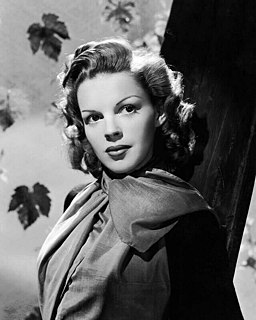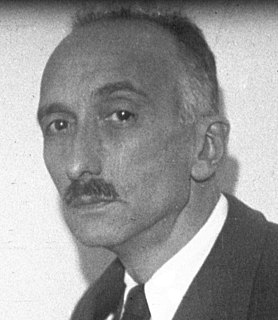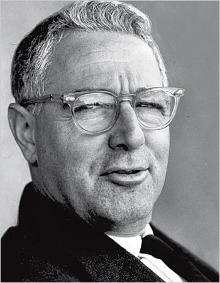A Quote by Virginia Woolf
to write a novel in the heart of London is next to an impossibility. I feel as if I were nailing a flag to the top of a mast in a raging gale.
Related Quotes
It's very bad to write a novel by act of will. I can do a book of nonfiction work that way - just sign the contract and do the book because, provided the topic has some meaning for me, I know I can do it. But a novel is different. A novel is more like falling in love. You don't say, 'I'm going to fall in love next Tuesday, I'm going to begin my novel.' The novel has to come to you. It has to feel just like love.
I can't help comparing what I have with Gale to what I'm pretending to have with Peeta. How I never question Gale's motives while I do nothing but doubt the latter's. It's not a fair comparison really. Gale and I were thrown together by a mutual need to survive. Peeta and I know the other's survival means our own death. How do you sidestep that?
I always was interested in prose. As a teenager, I published short stories. And I always wanted to write the long short story, I wanted to write a novel. Now that I have attained, shall I say, a respectable age, and have had experiences, I feel much more interested in prose, in the novel. I feel that in a novel, for example, you can get in toothbrushes and all the paraphernalia that one finds in dally life, and I find this more difficult in poetry.



































